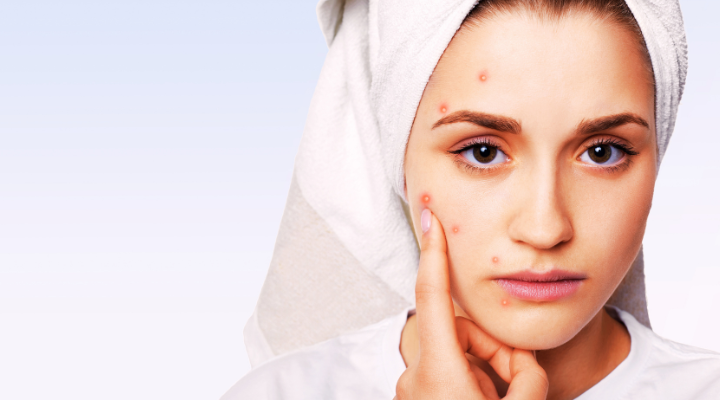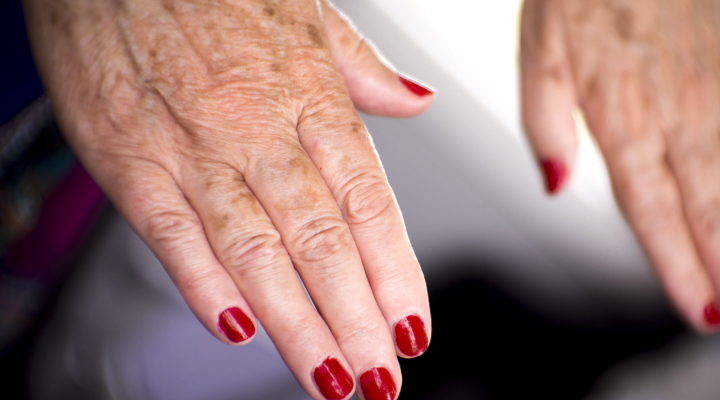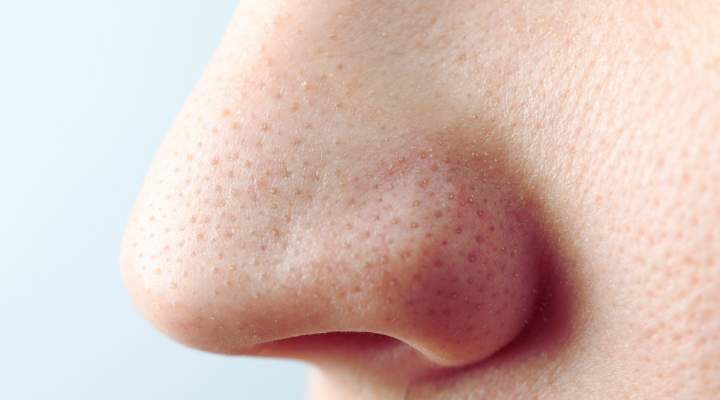4. Natural Oils: Balancing the Skin
While it may seem counterintuitive, certain natural oils can help to balance the skin’s oil production and reduce the occurrence of blackheads. Here are a few oils that are particularly beneficial:
a. Tea Tree Oil
Tea tree oil has antimicrobial properties that can help to reduce acne and blackheads. Dilute a few drops of tea tree oil with a carrier oil, such as jojoba oil, and apply it to the affected areas. This treatment can be done daily as part of your skincare routine.
b. Jojoba Oil
Jojoba oil is similar to the skin’s natural sebum, which makes it an excellent choice for regulating oil production. After washing your face, dab on a tiny bit of jojoba oil. By doing this, you may maintain hydrated skin without blocking pores.
c. Rosehip Oil
Rosehip oil is rich in essential fatty acids and vitamins that help to heal and regenerate the skin.For people whose skin is prone to acne, it is really helpful. To help avoid blackheads and to maintain the general health of your skin, apply a few drops of rosehip oil to your face at night.
5. Dietary Considerations: Nourishing Your Skin from Within
Your diet plays a significant role in the health of your skin. Consuming a balanced diet rich in vitamins, minerals, and antioxidants can help to reduce blackheads and promote clear skin.
a. Hydration
Staying hydrated is essential for maintaining healthy skin. Drinking plenty of water helps to flush out toxins and keep your skin hydrated, which can reduce the occurrence of blackheads.
b. Omega-3 Fatty Acids
Foods rich in omega-3 fatty acids, such as salmon, walnuts, and flaxseeds, can help to reduce inflammation and improve the overall health of your skin. Incorporating these foods into your diet can help to prevent blackheads and other skin issues.







